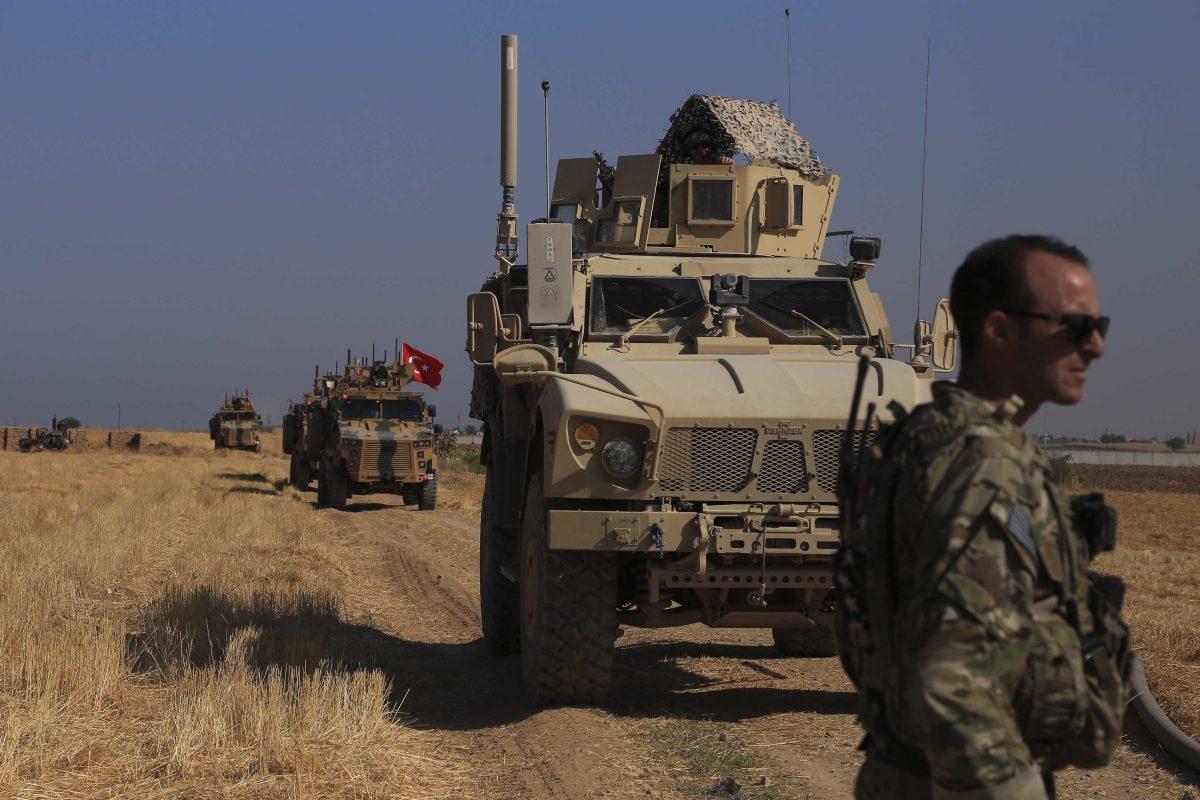In the age of information, knowledge is attained and spread instantly, and fear is present constantly.Wednesday, The Daily Reveille columnist Matthew Albright described a new evangelical trend in “Hell Houses” and briefly discussed the relationship between fear and religion.Albright concluded, “Using a largely fictional interpretation of the afterlife hardly seems like an honest method of evangelism. But on a deeper level, the idea of scaring people into faith — the express intent of hell-houses — is disturbing.”I agree with the former sentence, but the latter statement is a bit misleading. I am in no way defending “Hell Houses” or the extremists who stand outside the Student Union and threaten everyone with eternal damnation.But Albright claimed Christianity should spread love and forgiveness, not terror. He asked how sincere and significant service to God can be if it’s rooted in fear and reduced this kind of service into “after-life insurance.”This is where I drew a sharp distinction.Christians claim the word “fear” is used in many different contexts and consequently has no solid, universal meaning. Because its definition is contextual, no single explanation is applicable in all of its functions.To understand why Christians believe fear — to a certain degree — is central to a devout life of service, the word itself must be explored. So what is “fear,” according to Christians? Some refer to it as reverential respect that includes a healthy awe of God. To them, it is not only the foundation of religion but also the basis for knowledge.But this does not do the word justice. Other Christians claim the “reverential respect” definition connotes equality. Respect should be given to others, but fear should be reserved for God alone.Others argue fear can also designate genuine terror. It’s fair to assume “fear” can refer to reverential fear but also to genuine alarm. But why is fear so important that it should be the cornerstone of faith?In both respects, this fear must bear fruit and should be expressed in righteousness, which is defined as conformity to God’s will.Throughout the Book of Proverbs, the word “fear” is referenced many times and results in many different things. Fear is the keystone of faith because that is where man’s outlook of the world begins. The Bible isn’t stipulating fear as a means to control your life. Rather, it is meant to serve as a footstool on the path to righteousness. —-Contact Daniel Lumetta at dlumetta@lsureveille.com
Partisan Punchline: Fear should be a cornerstone of faith
November 10, 2008







